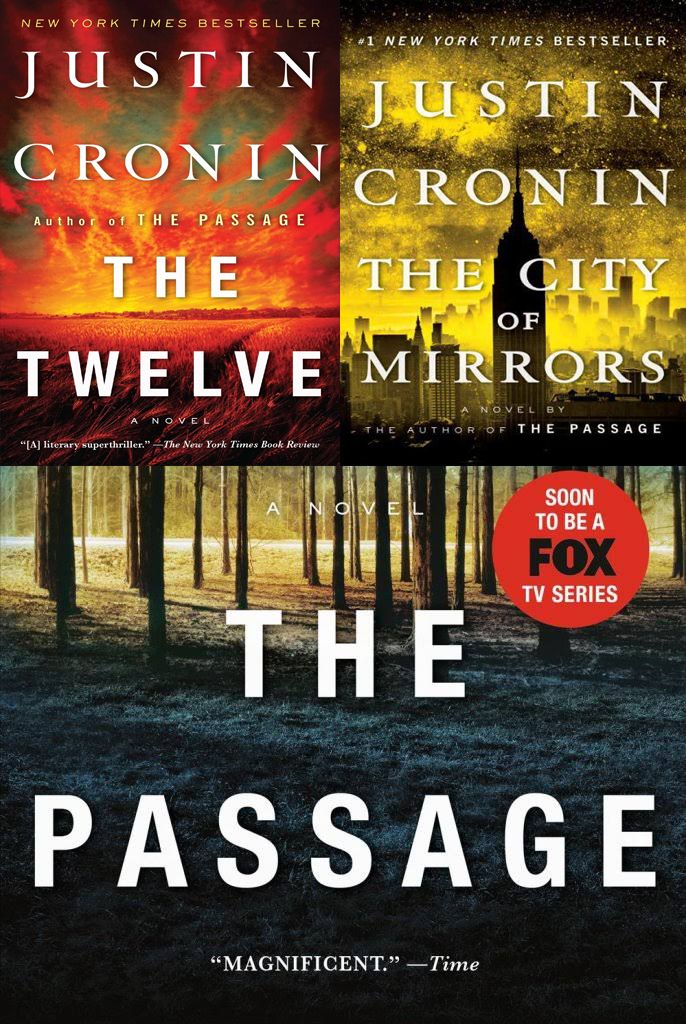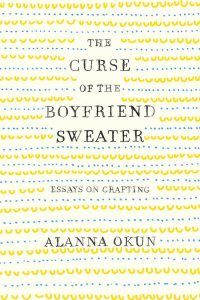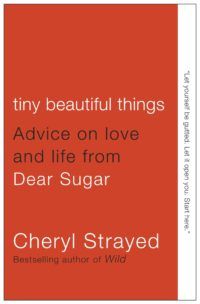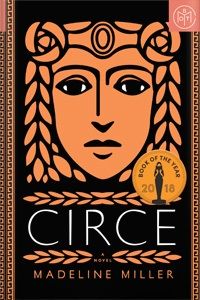For me, the first few days were the worst. I couldn’t eat, sleep, or stop thinking. My mind was my worst enemy. I needed a distraction because the pain was unbearable. I was reading The Passage by Justin Cronin before everything fell apart, and I hadn’t looked at it since he left. I picked it up one night and read the entire thing in two days. It’s not exactly an easy read: it’s a dense 400+ pages of world-building, strong characters, and mythos. Cronin’s complex world was exactly what I needed in the beginning, something I could completely lose myself in. I slowly resumed whatever form of living I was capable of. I went back to work, cried in my office, came home to a quiet apartment, cried to my dog. Lather. Rinse. Repeat. The most uncomplicated part of my day was picking up The Passage and reading. I needed it. I wasn’t ready to confront my issues head-on. There was too much pain and hurt and confusion and I was just trying to find a way to cope with my sadness.
Once I finished The Twelve (#2), I decided that I needed to get out of town for a while. I planned a trip to California and brought a suitcase full of comfy clothes, my dog, and The City of Mirrors with me (#3). I was more introspective in California than I was at home. I journaled every day to start to voice my feelings and my anxieties. A week into my trip, I found myself walking along the boardwalk in Manhattan Beach in a daze. I felt like I was an outsider observing my own life. Distant and disconnected like I was sleepwalking. I came across a small bookstore called Pages and made my way inside, bookstores always felt like home. The smell, the light FM radio, the cramped shelves, it all felt familiar. I thumbed through a few titles without any interest and found myself in the self-help section. I think I had shied away from these types of books before because of this perception I’d created in my head. I picked up a copy of The Curse of the Boyfriend Sweater by Alanna Okun. I highlighted, starred and underlined this line many times: “Just like I hadn’t known what it was to be loved, I also hadn’t known that the other person was allowed to stop loving you…He was supposed to be on my team, be my person, not just decide to leave one day without giving me a chance to make it right. What was I supposed to do with all of these feelings, all this time, all this space in myself I’d set aside for him? How could I go back to being just me?” How did I go back to being just me? What was I supposed to do with all these feelings that I had without anywhere to direct them too? I had spent years tearing down walls and letting someone else in, what was I supposed to do now? Reading what I was feeling, what I was struggling to express, in someone else’s words was a sort of relief. I bought a copy and spent the rest of the afternoon reading by the ocean. It was the most engaged I’d felt in a while. I wasn’t grieving alone. Soon enough I was back in New York, walking the same streets that we walked together, trying to figure out who I was. I picked up Tiny Beautiful Things at The Strand on 14th street, a series of letters written to writer Cheryl Strayed while she acted as an anonymous advice columnist for the online magazine The Rumpus. When I read the last letter, I felt like my chest was being cracked wide open. “You cannot convince people to love you. This is an absolute rule. No one will ever give you love because you want him or her to give it. Real love moves freely in both directions. Don’t waste your time on anything else.” If there’s one thing that you come away with after reading this post, let it be that. Read it. Write it down. Say it out loud. I’ve written similar words down since, trying to repeat it to myself like a mantra. I couldn’t convince my ex to give us a chance, I couldn’t convince him that almost three years, a dog, and an engagement were worth fighting for, I couldn’t convince him to meet me halfway. As Cheryl said, real love moves freely in both directions. I found myself filling all my spare moments consuming stories—on the subway during my commute, during my lunch break, before bed, on the line at the grocery store. I began to alternate between fiction and nonfiction, a balance that worked for me. While the fiction stories didn’t fit the traditional definition of a “self-help” book, they were still helping me heal. They were no longer just a distraction, they were a part of my process. Looking back over all the books that I read, the ones that stuck with featured a strong female viewpoint. Stories where women were faced with something that felt insurmountable, whether it was grief (like Joan Didion in The Year of Magical Thinking), time (like Amy in the Passage Series), or the will of the men around her (like Circe). The common thread? They all made it out the other side. Once I close the cover on each of their stories (both real and fictional) I take some part of them with me. I have a book list a mile long that I plan to make my way through in the next year. I hope that years from now when I’m writing my own epic, I can see this as just another part of my story. A moment in time that propelled me towards growth, towards writing, towards learning more about who I am and what I value in myself and in those around me. I am strong. I will persevere. My story’s just at the beginning.



